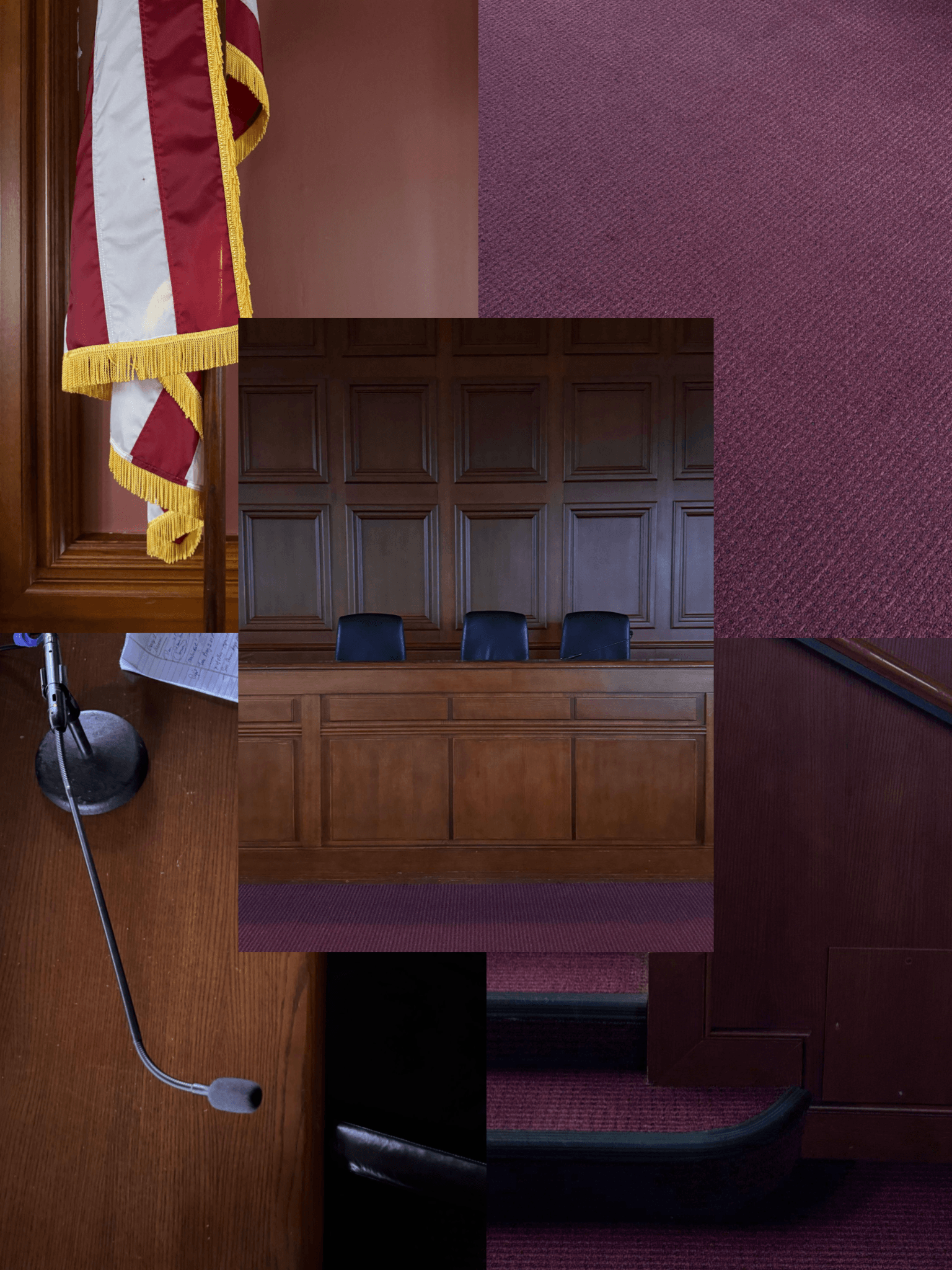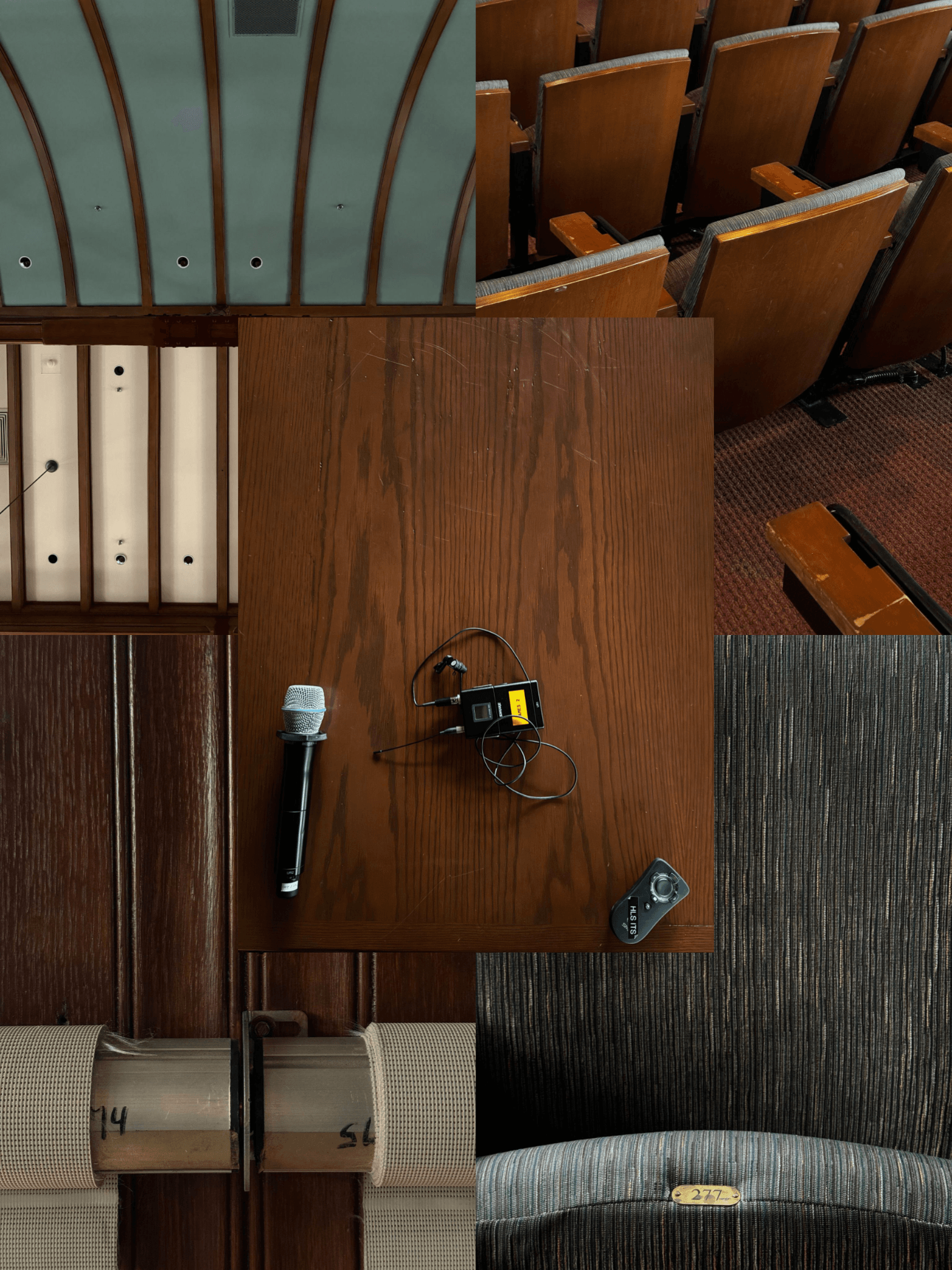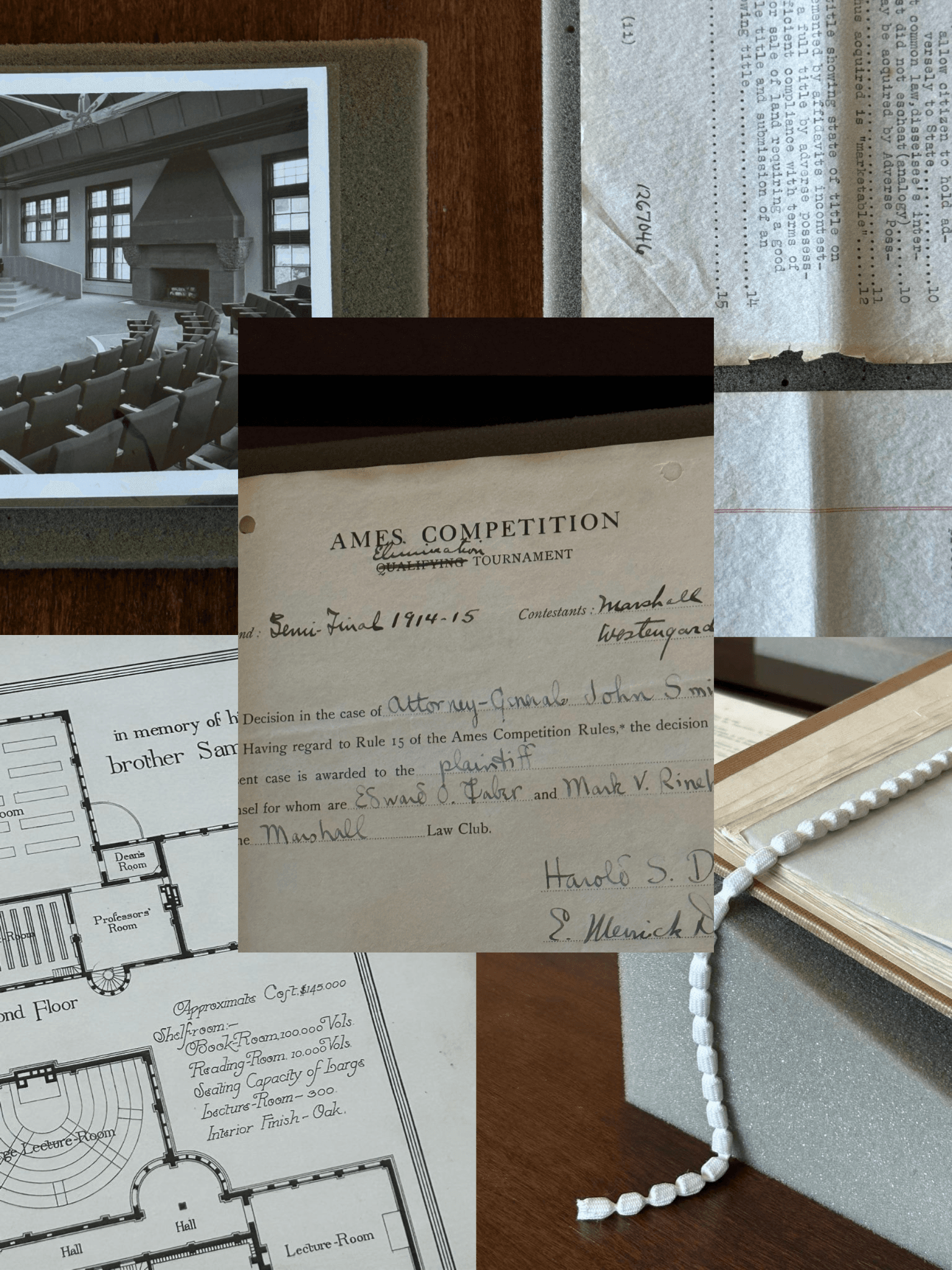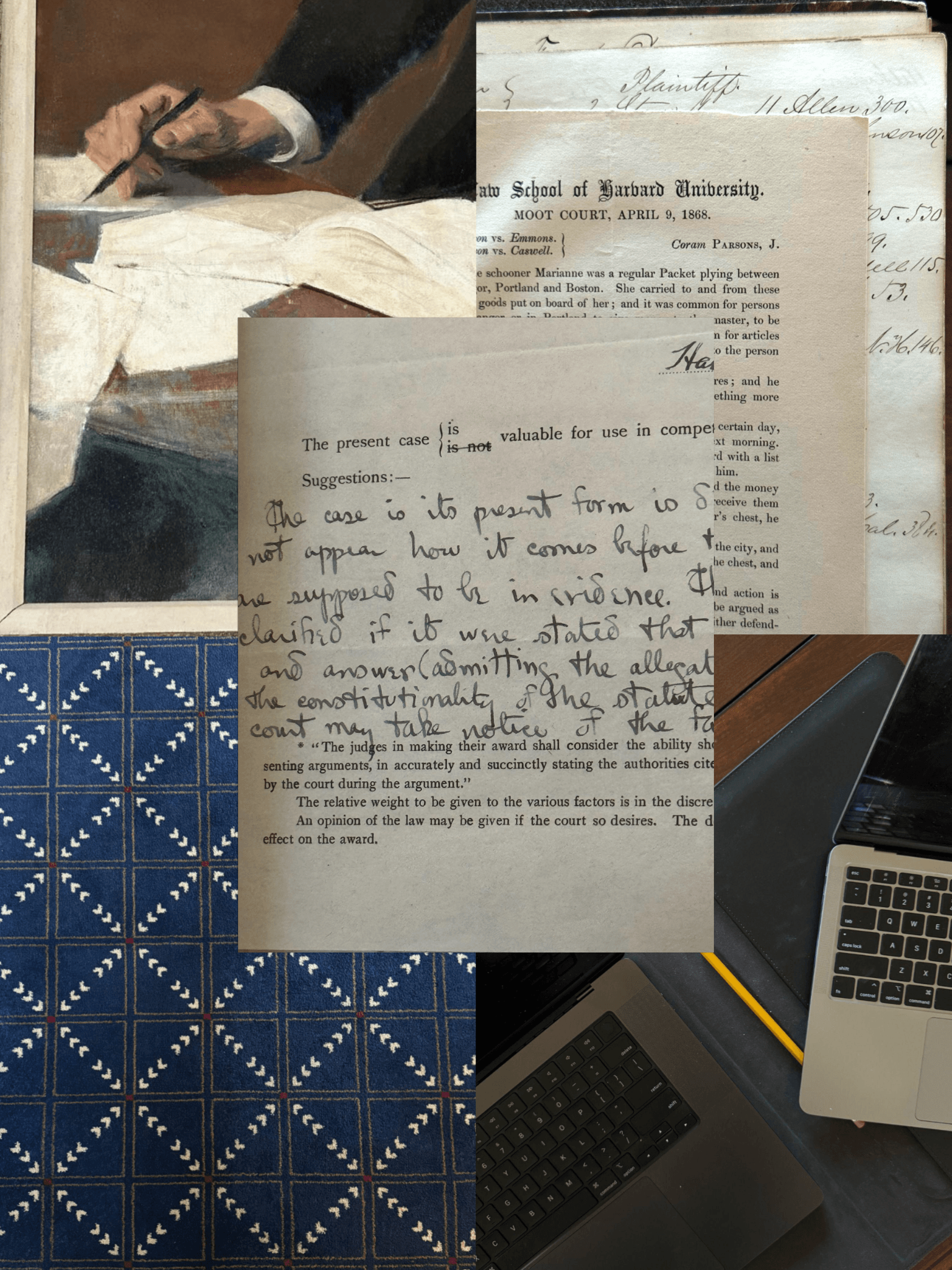Moot Court Design Fiction: Rendering Ames Real
metaLAB J-Term course
How might generative AI enable us to stage scenarios around complex concerns, regardless of how absurd their underlying facts and laws are? In this J-Term course, Harvard University Graduate School of Design students, faculty, and staff will have an opportunity to collaboratively unravel invariably ambiguous circumstances that gave rise to fictional cases in past rounds of the Ames Moot Court Competition, exploring how fictional approaches to design can render hypothetical arguments from law real.- Type
- Seminar
- Location
- Harvard Graduate School of Design
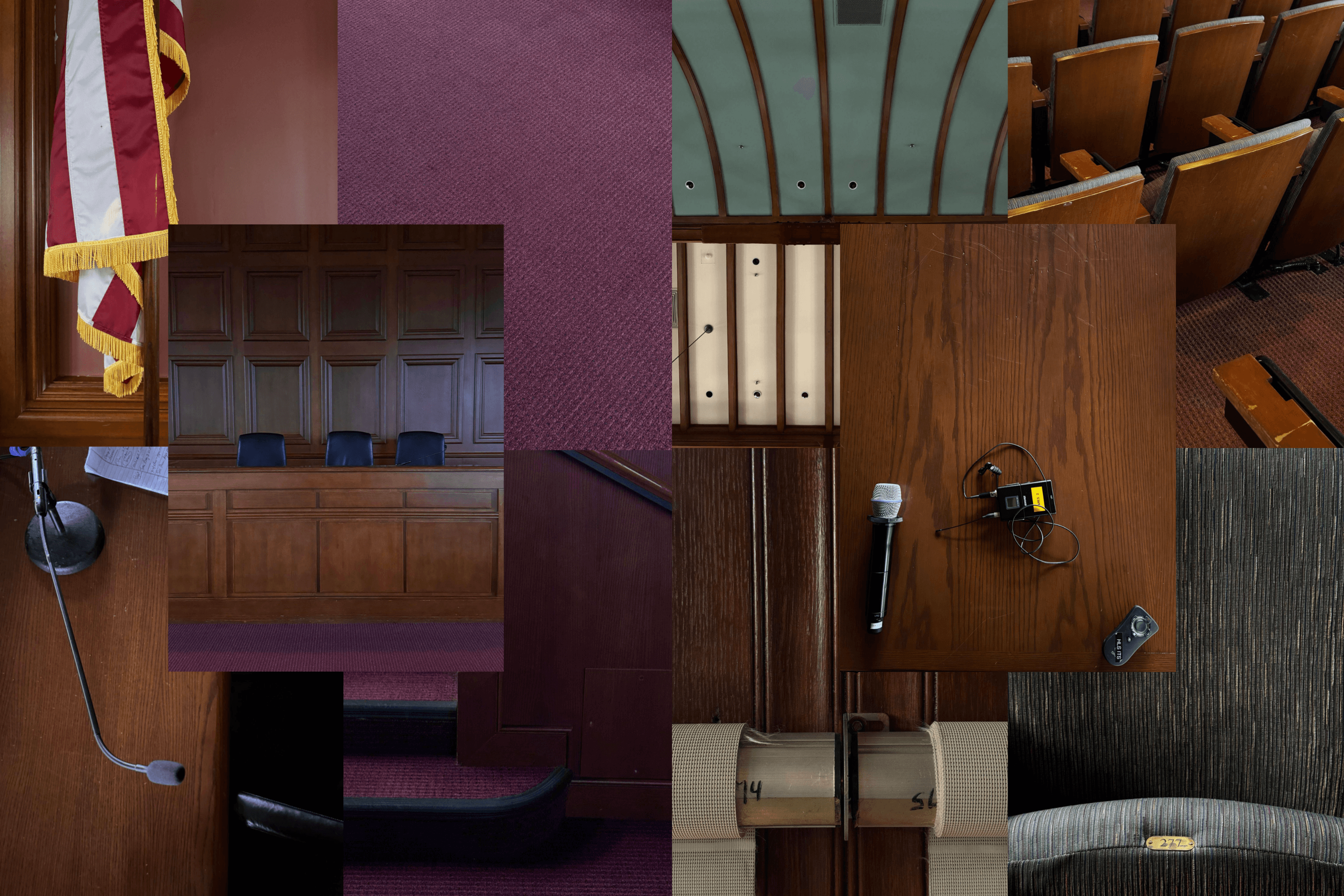
Course Instructors: Sankalp Bhatnagar and Talia Cotton
Course Tutors: Camryn Given, Katrynna Jackowicz, and Juvaria Shahid
Course Format: Gund Hall 12pm-1:30pm on M/T/W/R/F January 6-17, 2025. In person but enrollees can seek permission to participate virtually.
Course Limits: Limited to 10 participants. No prerequisites.
Ames does not “exist”. However, facts about its people and laws do. In this course, participants will render realistic competing ways of life at stake amongst the people of Ames—a fictional place whose conflict of laws serves as the hypothetical backdrop to a century of award-winning arguments invented, countered, and judged at Harvard Law School. The course challenges participants to use the latest generative AI models to craft high-fidelity scenes depicting complex situations presumed to exist during past rounds of the Ames Moot Court Competition.
By doing so, participants will collaboratively unravel invariably ambiguous circumstances which gave rise to the fictional fact patterns written or spoken into existence by competitors, however profound their implications might be. Through the creative application of generative AI, participants will learn the practical skill of staging scenarios around complex concerns, or fictional design. By making the impossible feel plausible, the absurd look logical, and the fictional appear real, the scenes produced in this course will serve as a cautionary tale about the paradoxical ways we as people live through law. The course serves to demonstrate how often text and speech alone have equipped advocates and adversaries alike to achieve extraordinary feats of designing on our behalf and at our expense, simultaneously impacting us all.
“Moot Court Design Fiction: Rendering Ames Real” is the second iteration of a design school course reimagining the law school competition. In 2024, the first iteration, “Designing Speculations from Moot Courts” taught by Sankalp Bhatnagar and Phoebe Walton (with Elena Kuran, Kelsey Cumiskey, and Brandon Martinez), focused on the prize of the competition. It asked, what if competitors over the past century of the competition had been evaluated beyond text and speech, and were thus awarded a prize for ‘best speculation’ beyond ‘best brief’, ‘best oralist’, or ‘best team’? In 2025, the second iteration, taught by Sankalp Bhatnagar and Talia Cotton (with Camryn Given and Katrynna Jackowicz), focuses on the premise of the competition. It asks, what glimpses into which ways of life at stake amongst the people of Ames—a fictional place that does not “exist” but for facts and laws written or spoken into existence by its competitors—can we generate using AI? The course pilots an approach to teaching and learning, integrating knowledge production and practice development amongst design students and law students.
(Image Credits: Images courtesy of Harvard Law School and Historical & Special Collections, Harvard Law School Library.)
